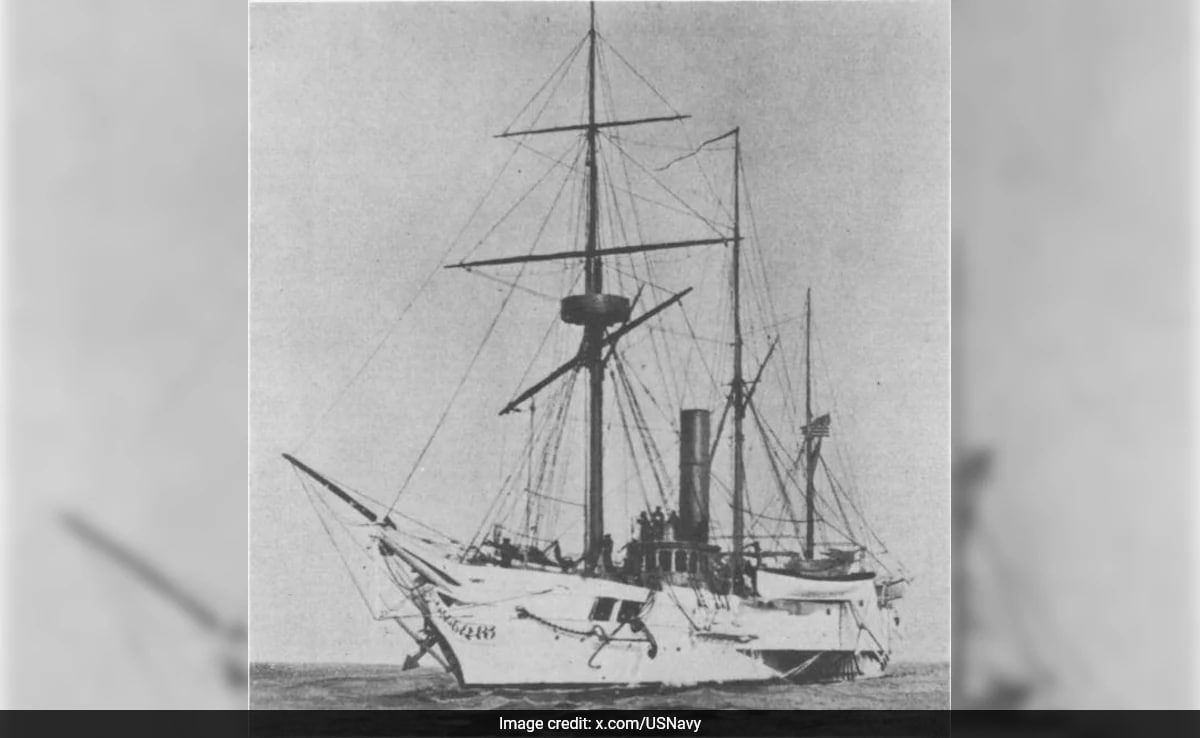US WWII Warship 'Dancing Mouse' Found After 79 Years in Pacific Waters

In a remarkable discovery, the wreck of a US destroyer, USS Edsall, that sank during World War II has been found in the depths of the Pacific Ocean off the coast of Australia. The ship, dubbed the "dancing mouse" due to its evasive maneuvers in battle, was lost on March 1, 1942.
According to the US Ambassador to Australia, Caroline Kennedy, Lt. Joshua Nix and his crew fought valiantly against overwhelming odds, withstanding over 1,400 shells from Japanese battleships and cruisers before suffering a fatal hit. The Japanese forces had initially targeted the destroyer due to its proximity to Australian territory, and Vice Admiral Chuichi Nagumo's orders were swift in intercepting it.
The wreck was discovered using advanced hydrographic survey capabilities aboard the naval support ship MV Stoker, with Australia's chief of navy, Vice Admiral Mark Hammond, praising the Edsall crew for their bravery. "Major efforts" by the destroyer and its crew helped protect Australia during the early days of World War II before it ultimately sank.
According to historical records, including those from the US Naval History and Heritage Command (NHHC), Lieutenant Nix made a gesture of defiance in the ship's final moments. As the vessel was under attack by Japanese dive bombers, Nix ordered the bow of the ship towards the enemy vessels, in what has been likened to a "small act of rebellion" in the face of overwhelming force.
Tragically, the USS Edsall did not survive this display of defiance. Despite outmaneuvering multiple shells from larger Japanese vessels and striking down dozens of aircraft with its 4-inch guns, the ship was ultimately no match for the superior firepower of the enemy forces.
The sinking of the USS Edsall remains one of the lesser-known stories of World War II, but its discovery is a testament to the bravery and sacrifice of those who fought in the war nearly eight decades ago.
